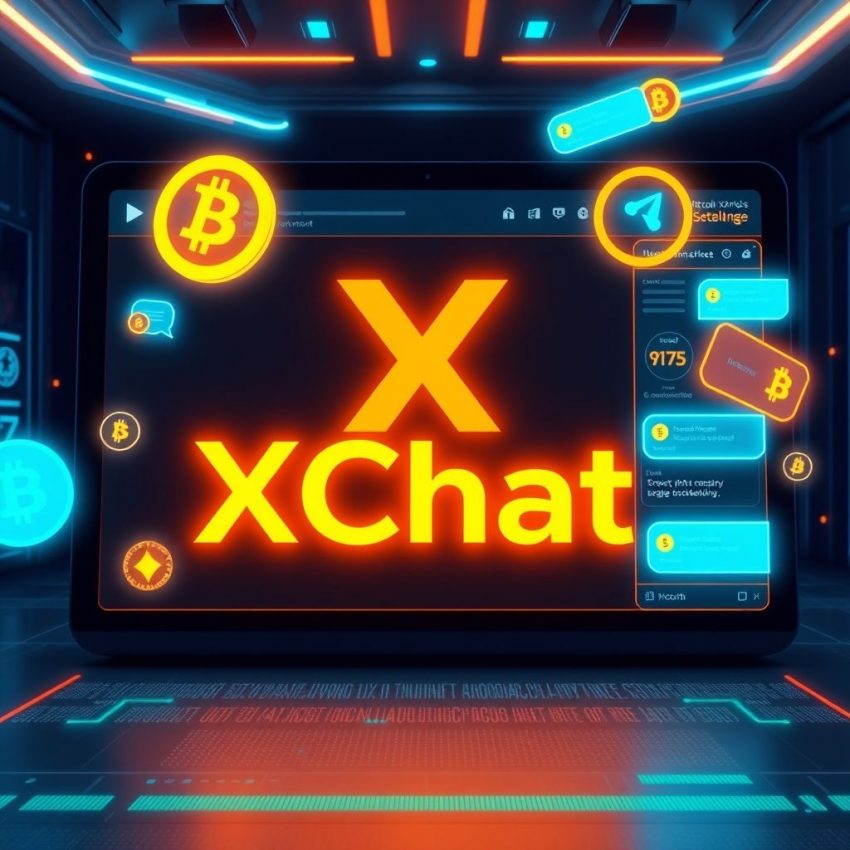Elon Musk's XChat: Bitcoin on Steroids, or Just Hot Air?
Elon Musk, the enigmatic CEO of X (formerly Twitter), has announced plans for XChat, a decentralized messaging system allegedly inspired by Bitcoin's blockchain technology. The announcement, predictably, sent ripples through the tech world, with many hailing it as a revolutionary step towards a more private and censorship-resistant communication platform. However, a closer look reveals a significant degree of skepticism among tech experts.
Musk's vision, as vaguely outlined, paints a picture of a messaging app built on a distributed ledger, similar to how Bitcoin operates. This, he argues, would make it far more difficult for centralized entities, like governments or corporations, to control or censor communication. The promise of enhanced privacy and security is undeniably appealing in today's increasingly surveillance-heavy digital landscape.
But the devil, as always, is in the details. And those details are largely absent. The lack of specifics has fueled the skepticism. Tech experts point to several significant hurdles:
-
Scalability: Bitcoin's blockchain struggles with transaction speeds. Adapting this technology to handle the sheer volume of messages expected on a global messaging platform like XChat would require a monumental technological leap. Current blockchain solutions simply aren't designed for the real-time communication demands of a messaging app.
-
Complexity: Bitcoin's underlying technology is incredibly complex. Making this accessible to the average user, who may not possess technical expertise, is a significant challenge. A user-friendly interface that hides the complexity without sacrificing security is crucial, and it's unclear whether Musk's team can deliver this.
-
Security Concerns: While a decentralized system offers some advantages in terms of censorship resistance, it also presents new security challenges. The distributed nature could make it more vulnerable to different types of attacks, including denial-of-service attacks and exploitation of vulnerabilities in the underlying code.
-
Regulation: Navigating the complex web of global data privacy regulations would be a significant hurdle. The decentralized nature of the proposed system could complicate compliance with laws in various jurisdictions.
Ultimately, the feasibility of XChat remains highly questionable. While the concept of a decentralized, censorship-resistant messaging platform is appealing, translating this vision into a functional, scalable, and secure product is a monumental task. Many experts believe that Musk's announcement is more hype than substance, a bold claim lacking concrete evidence of the technological capabilities to back it up.
The coming months will be crucial in determining whether XChat is a game-changer or just another ambitious project that fails to deliver on its promises. For now, the tech community is watching with a mixture of intrigue and healthy skepticism. Only time will tell if Elon Musk can once again defy expectations – or if this is a case of over-promising and under-delivering. What are your thoughts? Let us know in the comments below.
Don’t miss out on this exclusive deal, specially curated for our readers! Discover Affordable Flights Tailored to Your Travel Plans!
This page includes affiliate links. If you make a qualifying purchase through these links, I may earn a commission at no extra cost to you. For more details, please refer to the disclaimer page. disclaimer page.

